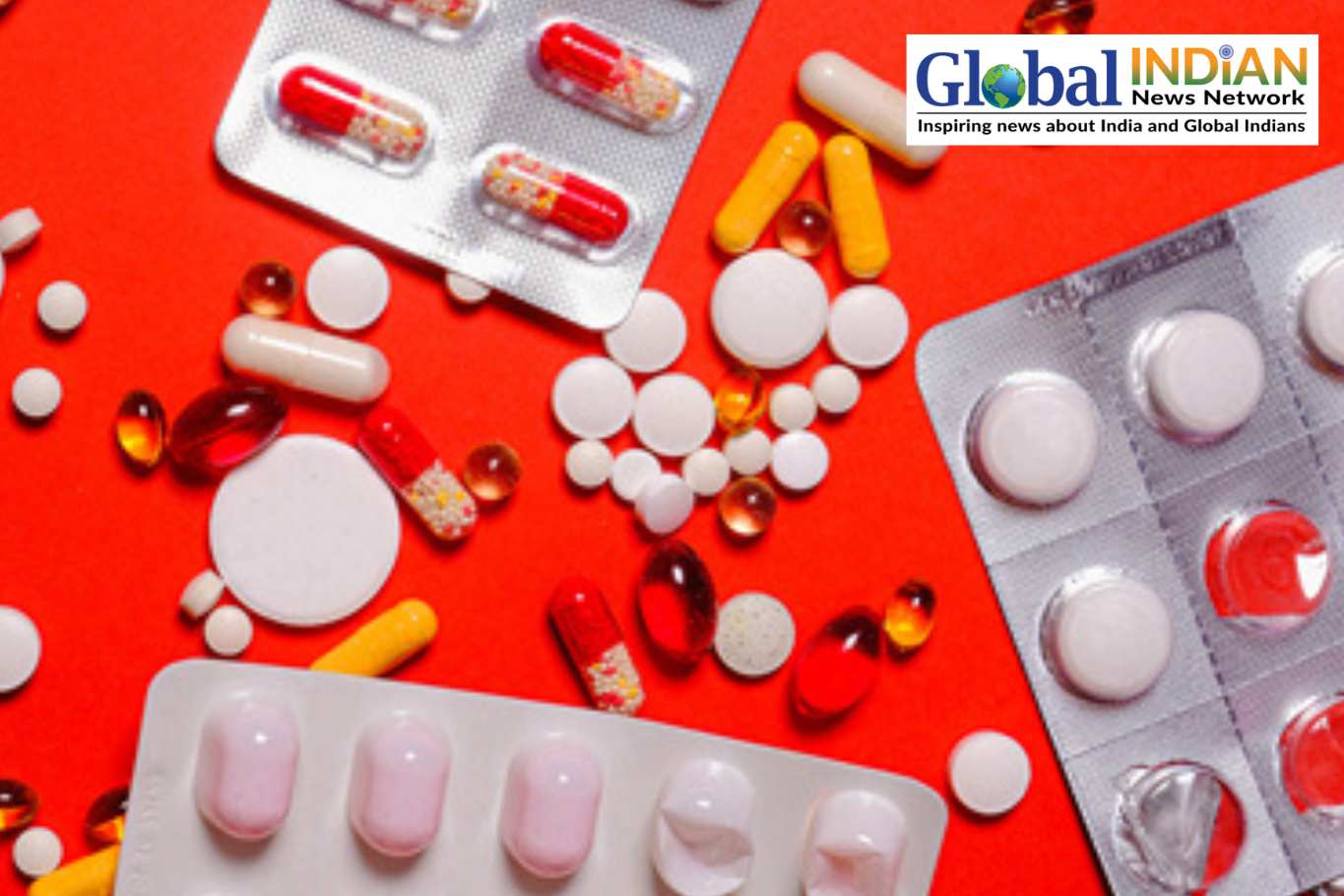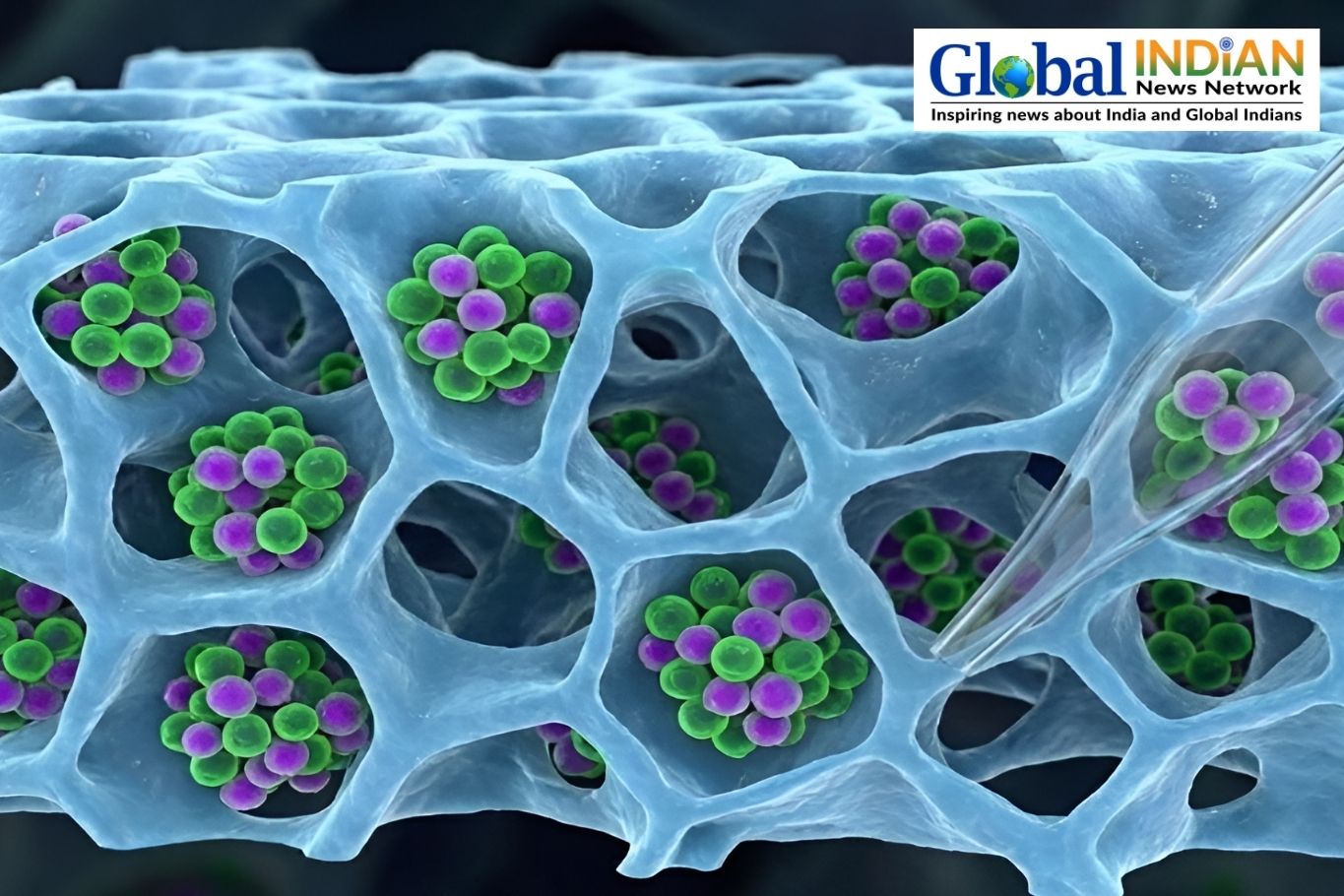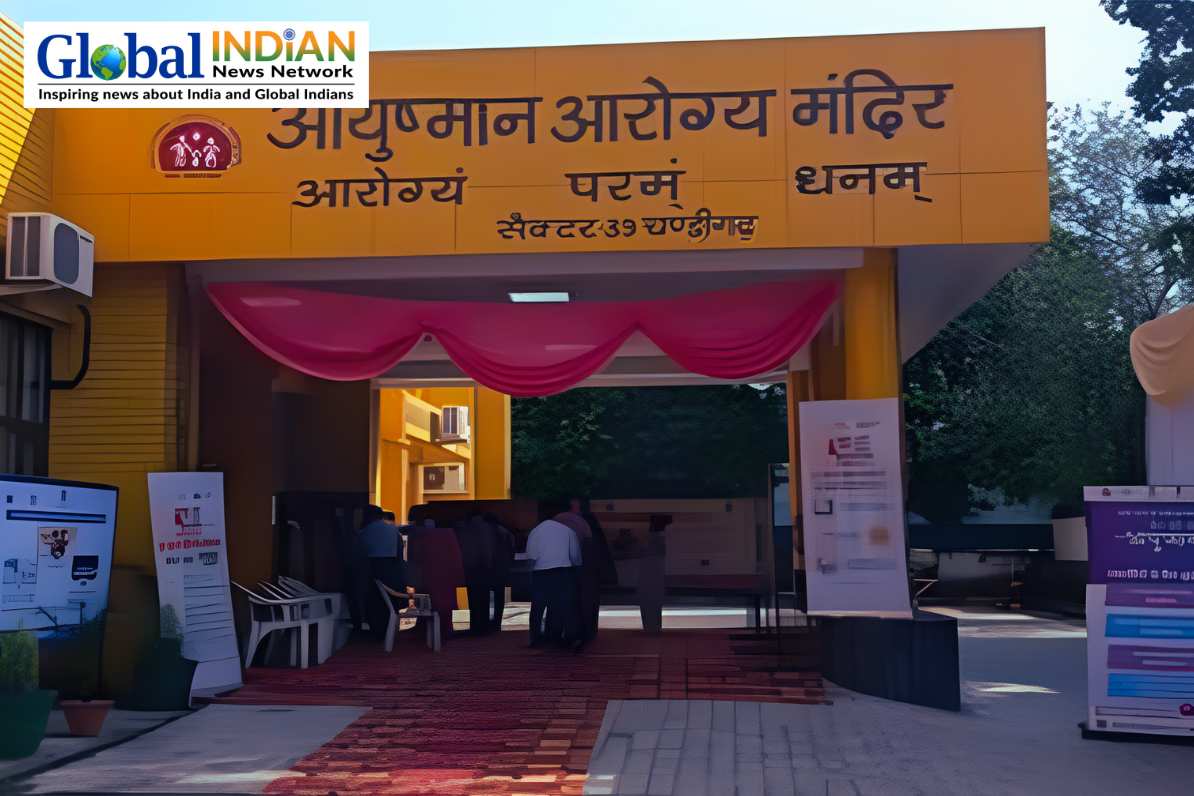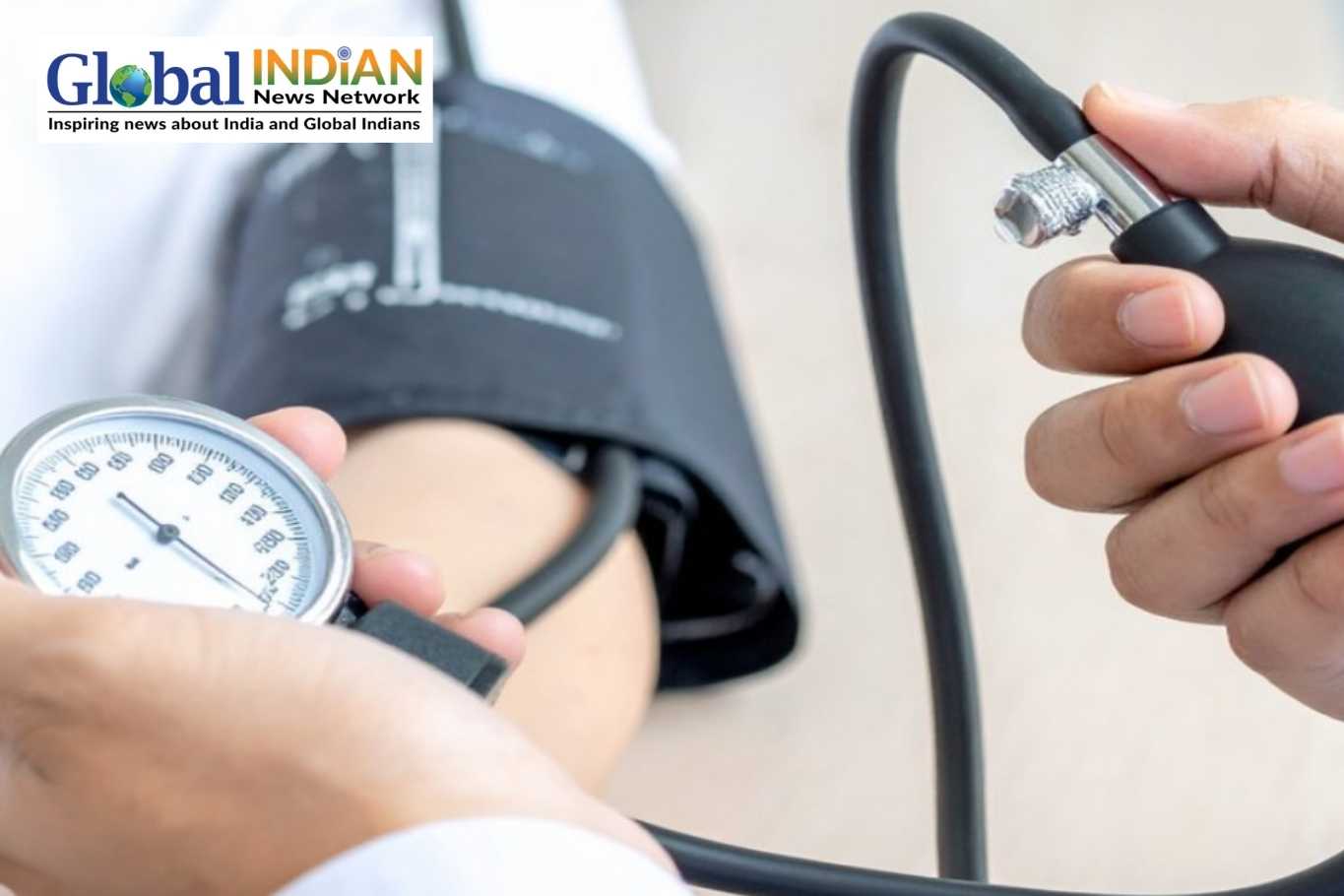
Hypertension, or high blood pressure, is a major preventable risk factor for cardiovascular diseases such as heart disease and stroke. According to data from 2017-2020, nearly 47% of adults in the U.S. are affected by hypertension. This condition can also contribute to the onset and worsening of chronic kidney disease. Implementing lifestyle changes, particularly dietary adjustments, can help mitigate these risks and reduce the reliance on medication. However, such dietary changes are not always widely adopted.
A recent five-year study published in *The American Journal of Medicine* explored the benefits of adding 2 to 4 cups of fruits and vegetables to the daily diet of patients with high blood pressure and chronic kidney disease. The study found that this dietary intervention, combined with drug therapy, led to lower blood pressure, improved cardiovascular risk factors, and better kidney health compared to drug therapy alone. The fruits and vegetables used were selected for their ability to increase blood pH levels, which, along with oral sodium bicarbonate, showed protective effects on kidney health.
Despite both dietary interventions and sodium bicarbonate improving kidney health, only the increased fruit and vegetable consumption was associated with reduced blood pressure and better cardiovascular outcomes. Dr. Donald Wesson, a professor of internal medicine at The University of Texas at Austin, emphasized the importance of making diets rich in fruits and vegetables a core part of hypertension management, with medications used as necessary.
High blood pressure is also linked to chronic kidney disease, which involves damage to the kidney’s blood vessels and impaired function. This can lead to worsened kidney function and increased cardiovascular disease risk. The Dietary Approaches to Stop Hypertension (DASH) diet, which promotes fruit, vegetable, and low-fat dairy consumption, has been shown to lower blood pressure and cardiovascular risks, and can help slow the progression of chronic kidney disease.
Studies suggest that diets high in fruits and vegetables are beneficial for both kidney and cardiovascular health. The current study compared the effects of increased fruit and vegetable intake with sodium bicarbonate in managing hypertension and chronic kidney disease. The results showed that while both interventions had beneficial effects, fruit and vegetable consumption led to more significant improvements in blood pressure and cardiovascular markers.
In the study, 153 patients with high blood pressure and chronic kidney disease were divided into groups receiving either the fruit and vegetable intervention, sodium bicarbonate, or usual care. Over five years, the fruit and vegetable group demonstrated the greatest improvement in kidney function, blood pressure, and cardiovascular health, while needing lower doses of antihypertensive medication. This highlights the potential of dietary changes to enhance health outcomes in hypertension management.









